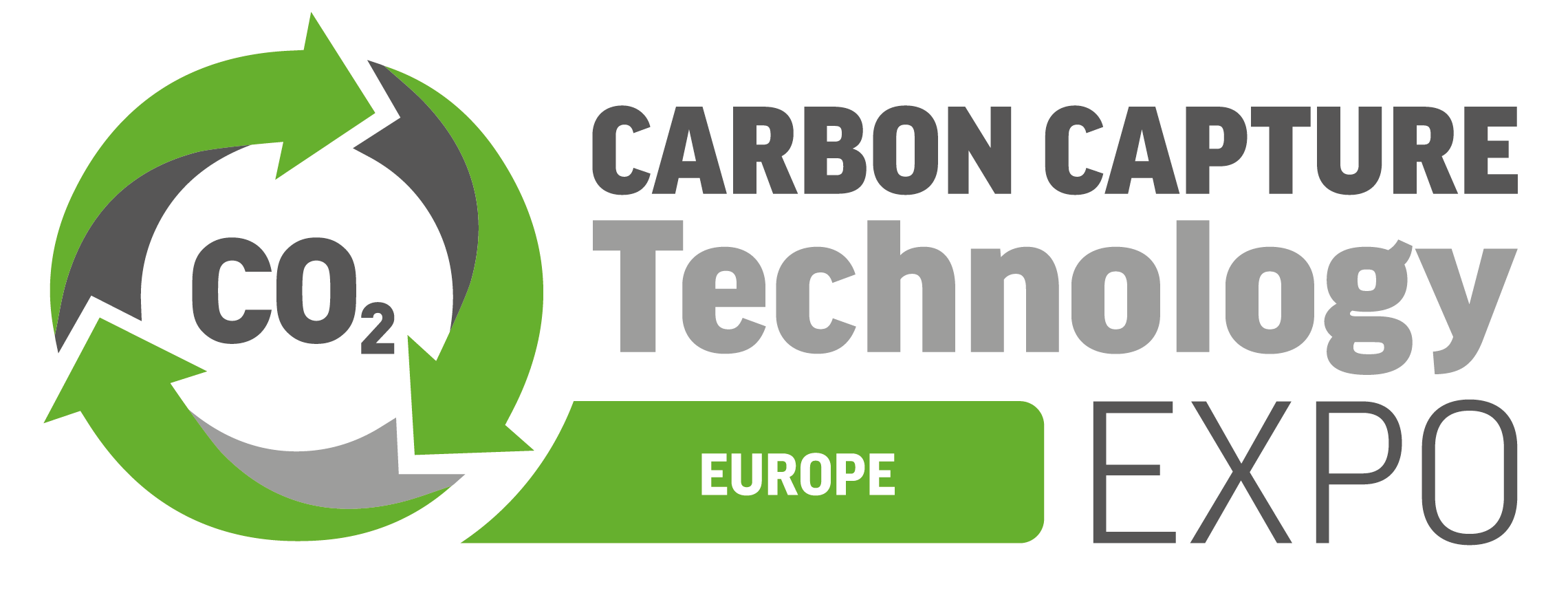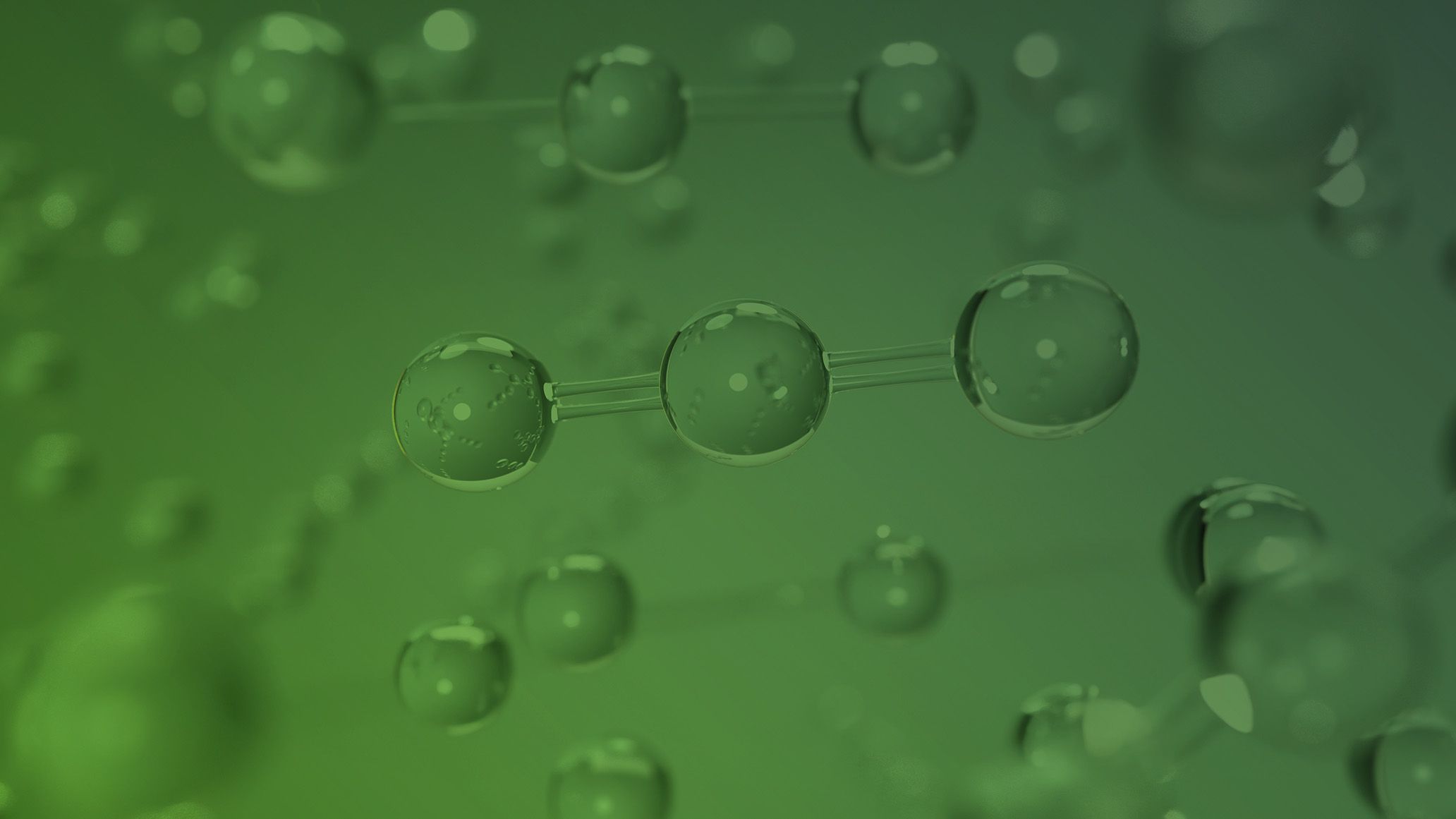Researchers at the University of Michigan have developed a catalyst which converts CO2 to methanol
)
A new catalyst material known as cobalt phthalocyanine, has been developed by Researchers at the University of Michigan. This innovative new material works through converting carbon dioxide into renewable fuels, for example, methanol.
The findings of these U-M researchers was published in the ACS Catalysis journal and the entry detailed that the process of converting carbon dioxide into methanol, through the use of cobalt phthalocyanine, required multiple reaction steps. The first of the steps involved turning carbon dioxide into carbon monoxide and this was closely followed by the second step, which involved converting CO into methanol. So far, this is an excellent breakthrough as for a long-time scientists have been searching for a way to chemically convert carbon dioxide into fuels such as methanol. This has been a long sought after solution, due to methanol’s potential when it comes to powering vehicles in a greener and more environmentally friendly way.
Converting carbon dioxide into methanol on an industrialised scale has, so far, been proven to be a challenge, however this breakthrough appears to have the required potential.
The cobalt phthalocyanine works through acting as a molecular hook for CO2 or Co molecules and the position of these molecules is very important as it determines how strong a bind between the molecules will be. The current issue with this method, is that the catalyst is able to bind much more securely to the CO2 molecule. This means that once the CO molecule is produced, it is not able to hold on as tightly to the catalyst, so therefore it is displaced by another CO2 molecule. This process occurs before the CO molecule has the ability to complete the transition to methanol.
In order to fix this issue, the researchers made the suggestion that they should attempt to redesign the cobalt phthalocyanine catalyst, in order to strengthen how it interacts with CO, whilst simultaneously loosening how strongly it binds to CO2.
The potential behind these alterations and continued experiments is very clear and the researchers have stated that they will continue to look into methods for converting CO2 waste into methanol fuel on a large scale.
The researchers stated that, ‘This approach presents a sustainable method for reducing greenhouse gas emissions while offering an avenue to produce clean energy.’
Co-primary author, Kevin Rivera-Cruz, who recently received a doctorate in chemistry from U-M, commented, “Our approach is unique because we are able to bring and bridge all this knowledge that each field has on the same problem. We have scientists and engineers all within one team, brainstorming and gathering insights to design and understand the system in the best way possible.”




)
)
)
)
)
)
)
)
)

)
)
)
)
)
)
)
)
)
)
)
)
)
)
)
)
)
)
)
)
)
)
)
)
)
)
)
)
)
)
)

)
)

)
)
)
)
)
)
)
)
)
)
)
)
)
)


)
)
)
)
)

)
)

)
)
)
)
)
)
)
)
)


)
)
)
